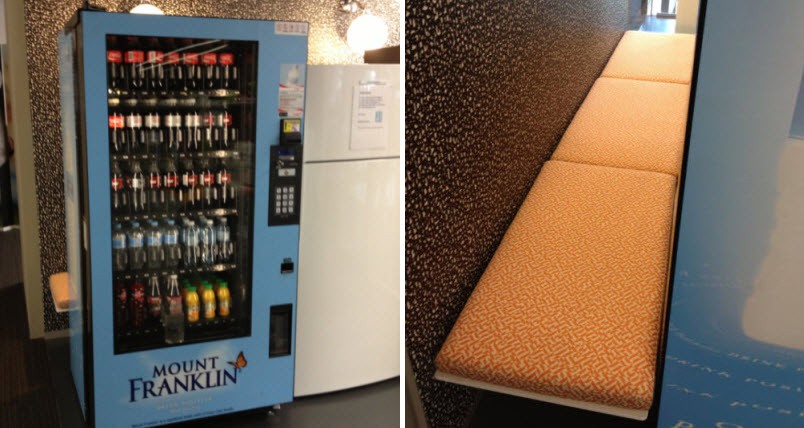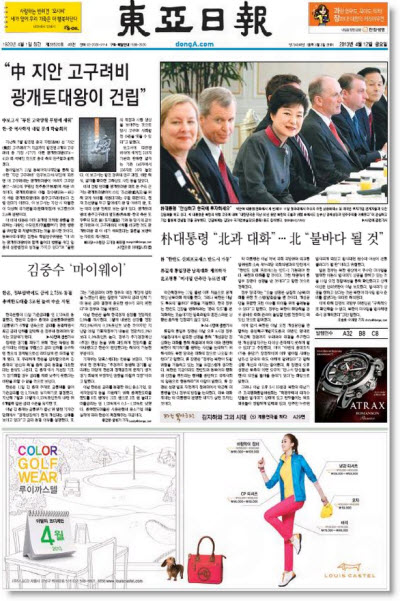Manning ‘resigns’ after penning Crikey story. Fairfax business journalist Paddy Manning has resigned from the company four days after penning an article for Crikey blasting his employer. Manning was told to clean out his desk on Monday but did not receive an official termination notice. Metro Media editorial director Garry Linnell said in a statement:
“Paddy Manning has been a terrific business journalist for Fairfax Media for many years, including a successful two-year stint as national chief of staff for BusinessDay, combining the business sections of The Sydney Morning Herald and The Age. Paddy will be missed. We have accepted his resignation and wish him all the best for the future.”
Fairfax CEO Greg Hywood told ABC Radio National:
“Paddy wrote something really undermining his own colleagues and the work that they’ve done. No organisation can really let that stand so we had to let Paddy go … It’s just a matter of principle for us.”
The Media, Entertainment and Arts Alliance, which fought to have Manning reinstated, said:
“There is a deep affection within the Sydney Morning Herald for Paddy, both for his enthusiasm and his courageous reporting on issues including climate change and the mixed fortunes of Nathan Tinkler. His departure is deeply felt and regretted by his colleagues, but we are pleased to see that Paddy and Fairfax Media have been able to part ways on mutually agreeable terms.”
Manning has expressed “heartfelt thanks” to his former colleagues at Fairfax for their support. — Matthew Knott
Licence cuts prop up struggling Ten. The benefits of the cut in the TV licence fees for the free-to-air industry has once again been underlined by this week’s dismal interim results from the Ten Network. The tax cut has provided the financial struggling Ten with another multimillion-dollar gift from the Australian taxpayer. Without it, Ten’s operating position would have been even worse than it was. Seven West Media, Nine Entertainment, Southern Cross Media and Prime look a little better, too.
The reduction saw the fee fall from 9% to 4.5% — there were two years of temporary cuts and that position was finalised last month by new legislation. Unlike the TV licence impairment charge Ten took of $292 million (and total writedowns of $304 million before tax), which were what accountants call “non-cash” charges, the tax cut provided a direct cash benefit to Ten of around $13 million it got to keep, instead of having to pay the federal government if the tax had remained at its previous high rate.
Ten reported earnings were $34.9 million on TV revenue of $301.7 million. Had the tax still been at the old rate of 9%, Ten would have had to pay $27 million, but instead the charge was around $13.5 million. The higher rate would have had the effect of cutting the EBITDA to around $20 million and reducing the underlying net profit report reported by Ten of $6.8 million, to a loss of around $7 million. In the 23011-12 financial year, the saving for Ten from the tax cut was substantial — the network paid tax at the lower rate of 4.5% of just over $31 million, against more than $63 million had the tax been still at 9% of revenue (on of nearly $713 million).
Ten management, led by new CEO, Hamish McLennan didn’t acknowledge the positive impact of the tax cut on Ten’s results, nor did they reaffirm that the money saved would be spent on local content production, which has been the justification for the tax cut from the free TV industry and the federal government. — Glenn Dyer
Age journos get benched. Moles report uproar at The Age this week after tired journos on level two of the paper’s Media House HQ were denied access their popular cushioned bench in the kitchenette. In a shocking and unexpected move, two vending machines and fridge from level three were plonked in front of it without warning thanks to a painful “office fit out” exercise. Inspect the disturbing visual evidence, and the unpopular memo announcing the changes, below.


Hacks, already irate over the paper’s “hot-desking” trend, are now threatening to handcuff themselves to their workstations in protest. A microwave has been relocated to level two but initial reports suggest the interior wouldn’t pass a bacteria test. — Andrew Crook
Front page of the day. South Korea’s national daily Dona-a Ilbo features President Park Geun-hye meeting with business leaders about the threat to the country posed by North Korea …








Quote: “It’s just a matter of principle for us.”
Would that be sort of like the campaign for free speech when opposing any Government proposals for media regulations?